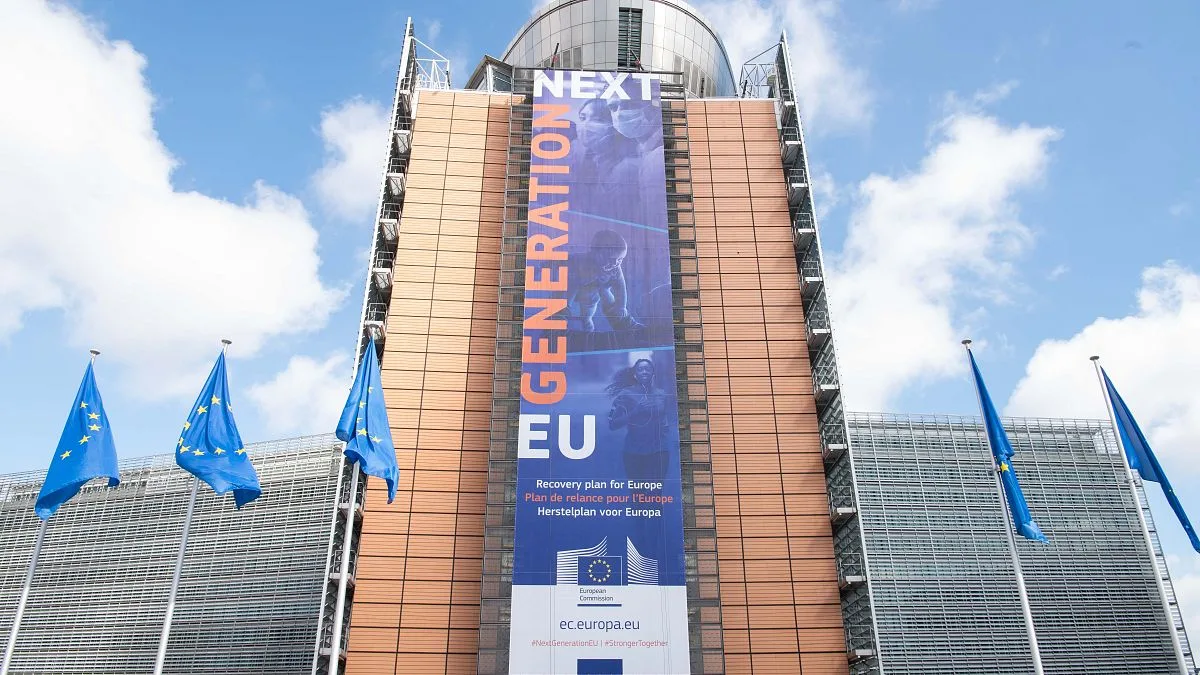“The EU budget cannot be held hostage by interest rates at the expense of our programs,” stated prominent lawmaker Victor Negrescu, highlighting the European Parliament’s resolute opposition to the proposed budget cuts as negotiations for the 2025 EU budget commence.
On Wednesday, MEPs voted against the EU Council’s suggested €1.52 billion reductions to vital programs, including the Erasmus+ student mobility initiative and the Horizon Europe research program, calling instead for increased funding.
Victor Negrescu, a leading member of the S&D group from Romania, emphasized to reporters in Strasbourg, “If we slash the budget, we won’t be able to meet the needs of our citizens.” He also stressed the importance of maintaining budgetary flexibility to address unforeseen circumstances in the coming years.
The recent plenary vote sets the groundwork for Parliament’s position ahead of critical negotiations on the 2025 budget, scheduled to unfold over the next three weeks. Initial discussions between representatives from the Council and the Commission are slated for November 5.
These negotiations could evolve into a fierce political struggle over how to manage rising interest rates on post-pandemic recovery funding, which have surged since the original projections for 2021.
“The EU budget must not succumb to the pressures of interest rates, leading to program cuts,” Negrescu contended, advocating for the use of surplus funds from the EU’s multiannual budget to support citizens’ needs rather than returning such funds to member states.
Conversely, the Council, which represents member nations and promotes financial prudence, seeks to implement cuts to certain EU programs—a move Negrescu describes as an example of austerity.
Péter Banai, the Hungarian minister responsible for budget negotiations, cautioned MEPs that the Council would not accept all amendments put forth by Parliament if they were approved. He underscored the need for a clear delineation between “more and less important issues.”
“Unfortunately, I have not heard a viable source for additional funding,” he remarked, adding that it is European taxpayers who would bear the burden of any increased expenses. “Are we considering raising taxes or increasing the EU’s debt?” he questioned during the plenary session.
While the Parliament and Commission share common ground on areas such as cohesion, agriculture, border protection, humanitarian aid, and defense, outgoing budget commissioner Johannes Hahn acknowledged that the Parliament has proposed numerous programs that must be prioritized.
“To reach a consensus, a clear prioritization of the proposed amendments and mutual concessions will be essential. Discussions should center on programs where meaningful adjustments can be made,” Hahn stated.
As positions align among the three key institutions—the Parliament, Commission, and Council—time is of the essence, with a deadline of November 18 set to finalize an agreement that could be ratified before the year wraps up.
Video editor • Aida Sanchez Alonso
Photo credit & article inspired by: Euronews



